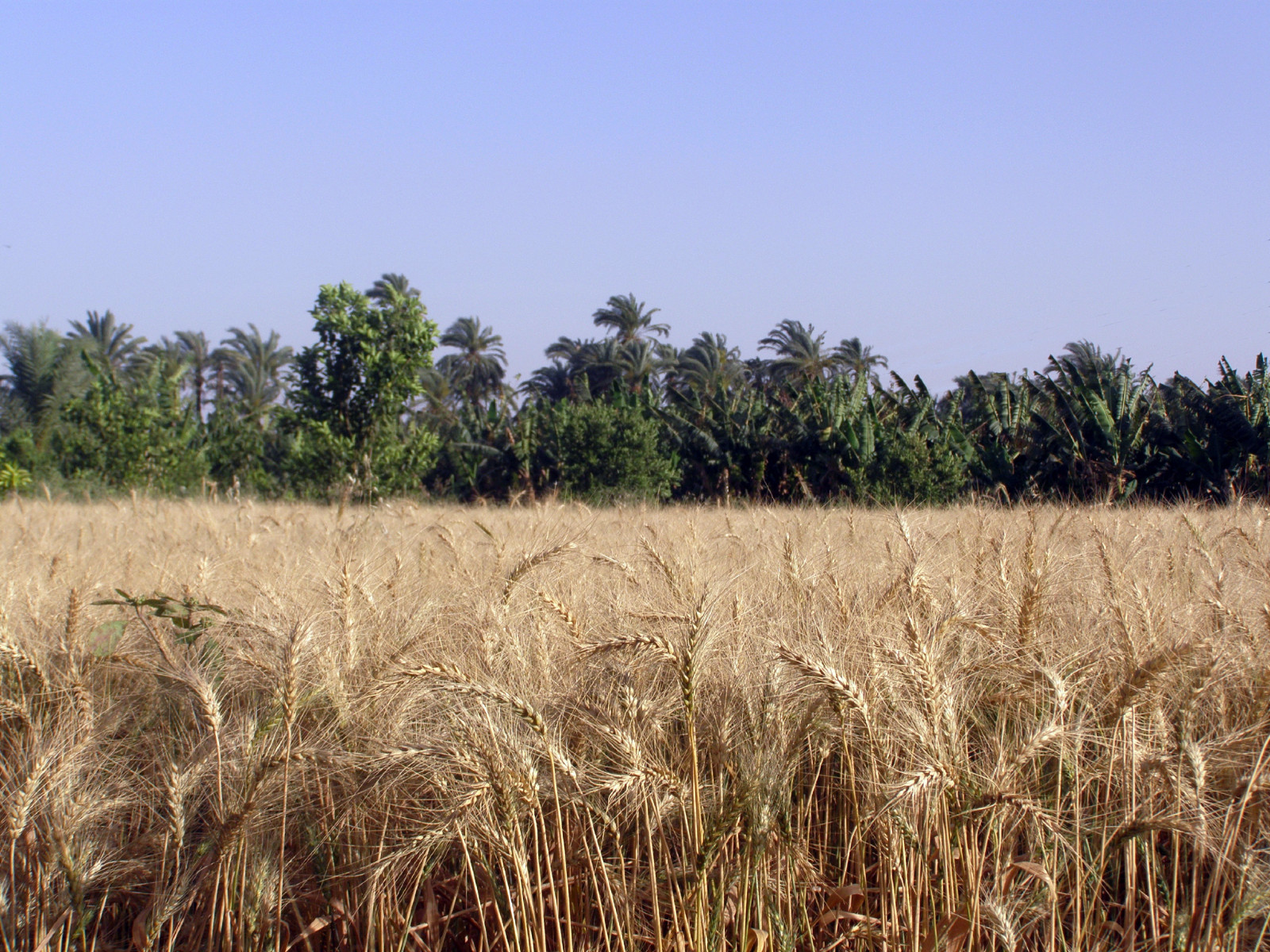The local wheat harvest isn’t costing as much as we expected

We’re spending less on local wheat than previously thought: The government has so far paid EGP 8.5 bn for some 1.85 mn tons of local wheat since the start of the harvest season at the beginning of April, state news agency MENA quoted Egyptian Holding Company for Silos and Storage Chairman Sherif Bassily as saying. That means we’re spending around EGP 4.6 bn per 1 mn tons of wheat, or about 23% less the EGP 6 bn assumed in the government’s plan, which had expected to spend EGP 36 bn to purchase 6 mn tons. The local harvest will run through to the end of August, but the bulk takes places in April and May, by which time 75% of the country’s wheat will have been harvested.
WANT MORE GOOD NEWS on the commodities front? Too bad. What we do have:
Wheat prices soar on India export ban: International wheat prices surged to near record highs yesterday as traders reacted to the weekend’s news that India would ban exports of the staple commodity. Prices on the benchmark Chicago index leapt by almost the exchange limit, rising as high as 5.9% to USD 12.47 a bushel, the Financial Times reports.
Wheat prices have risen more than 60% this year, after Russia’s invasion of Ukraine battered markets and disrupted supply from two of the world’s largest producers. India, which is the world’s second biggest wheat producer, was helping to plug the gap left by the loss of Ukrainian and Russian wheat, before it halted new shipments to all but the most vulnerable countries in response to rising local prices and a weaker-than-expected harvest.
Egypt only recently added India to its list of wheat suppliers, and has locked in a 500k-ton order that will not be impacted by the ban, in addition to another 55k-ton shipment that is soon due to depart from India. The government is in talks with New Delhi about being exempted from the export ban after it said last week that it would continue to ship wheat to vulnerable developing countries provided they seek permission from the government.
The UN is working to get Ukrainian wheat to global markets: UN Secretary-General Antonio Guterres is in talks with Russia, Turkey and others to allow wheat to be exported from Ukrainian ports, the Wall Street Journal reported yesterday.